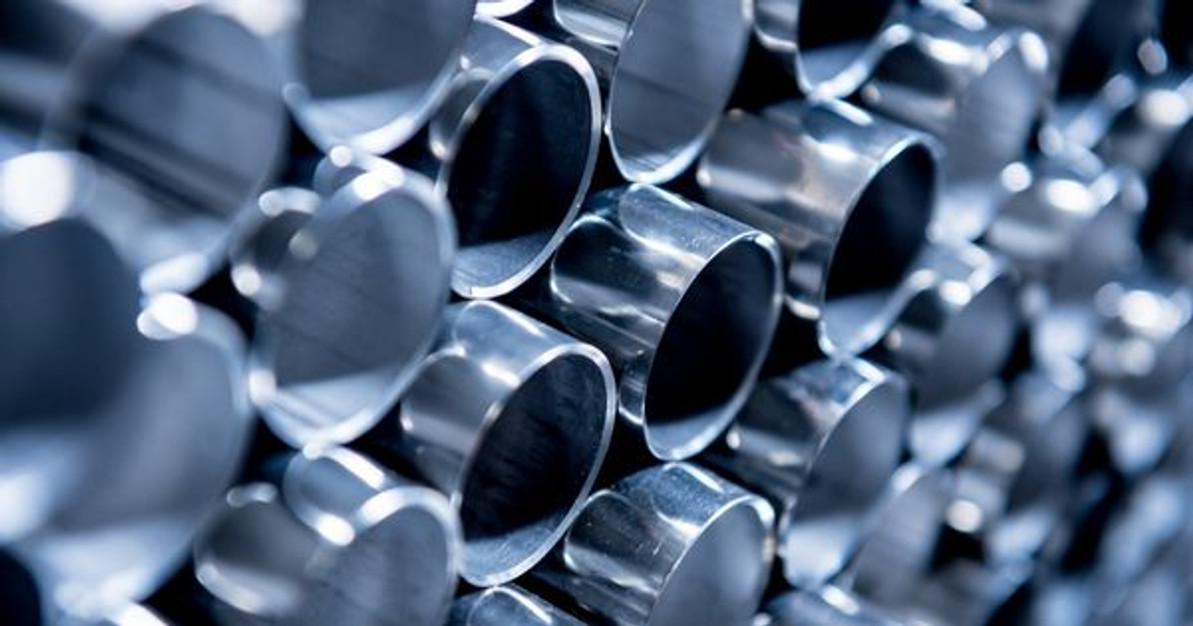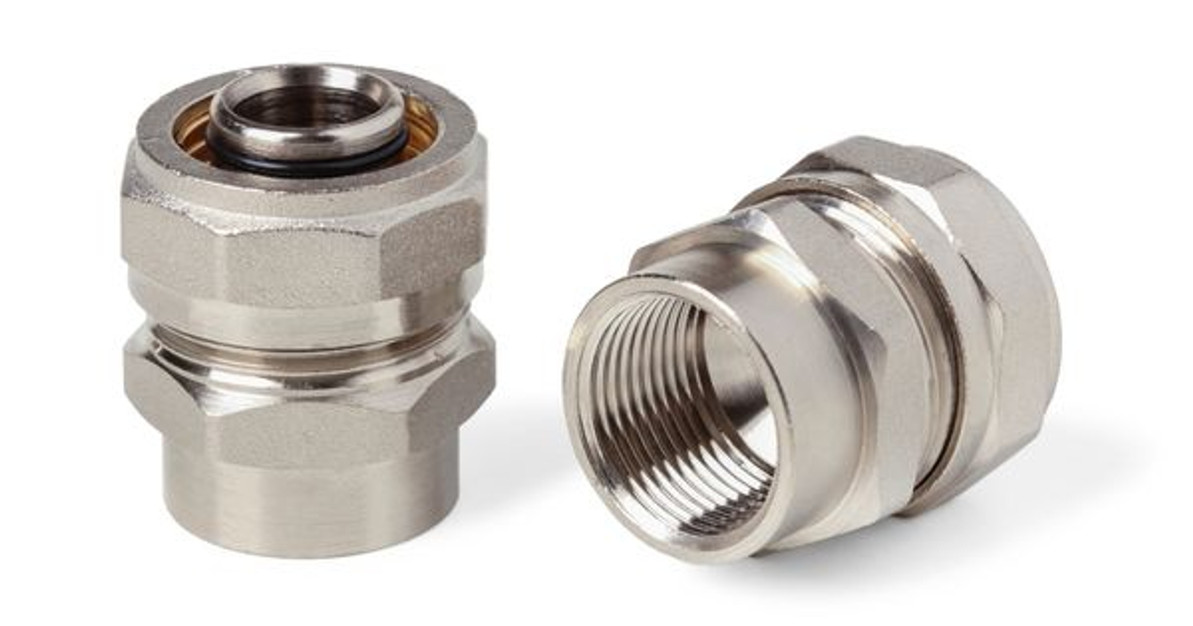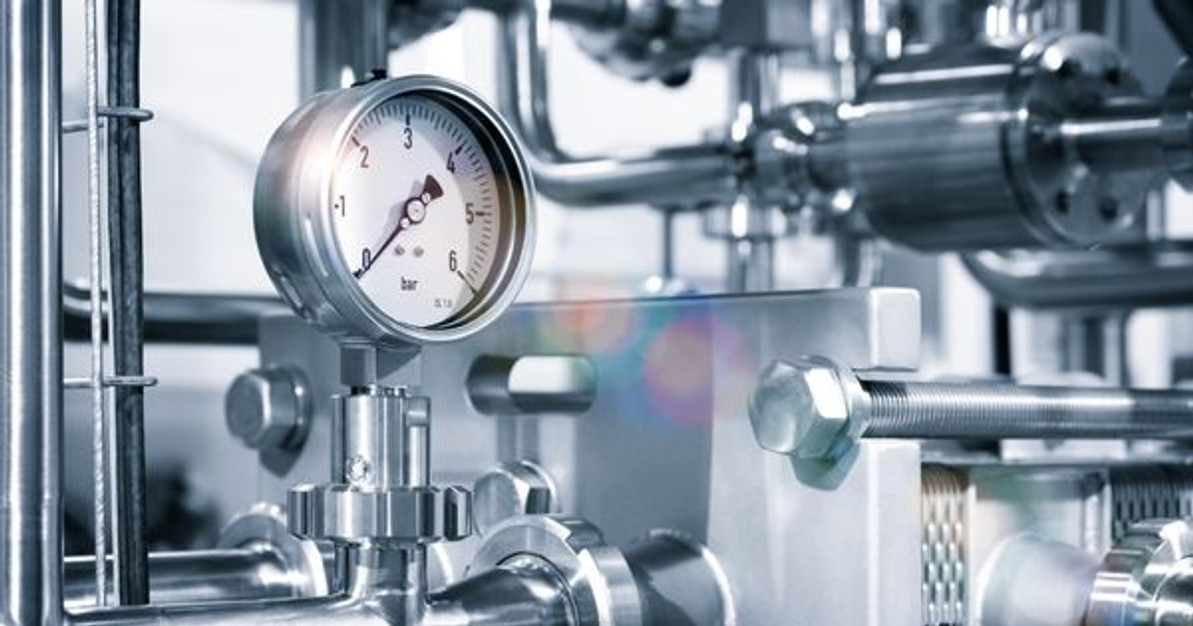 Oct 24th 2019
Oct 24th 2019The Benefits of Stainless Steel Containers to the Food Industry

The kind of equipment, containers, or materials, which you use in the food industry for containerization and packaging are important. The material is important in determining the future design and fabrication of your food containers. The same metals can also make sanitary strainers, sanitary check valves, sanitary clamps, sanitary filers, sanitary pipe hangers, and even SMS sanitary fittings.
The makers of industrial containers use a wide array of materials to process, convey, and store some food products. Metallic materials are preferable because of various reasons. They are strong, inert, durable, non-corrosive, and they can get made into different sizes and types.
Here are insightful tips on why you should use stainless steel for your different kinds of food packaging containers.
Inert and non-corrosive
Some metals such as stainless steel are inert. Whereas; others are non-corrosive if they are well-coated. This is an important property because it ensures that your containers will last for long, and they will be easy to clean.
Your containers can take different shapes and sizes
Metallic containers can get fabricated using various metalworking machines into any shape of your desire. You can make biscuit boxes, milk buckets, ice cream buckets, and even sanitary strainers.
Strength of your containers
Most metallic food containers are strong and that is part of the reason they get used in the food container industry. Some of these containers can undergo rough food handling, and they're non-absorbent to water and moisture. Metallic containers are also ideal for your food, which should not get exposed to light.
Metallic Food Containers have Smooth Surfaces
All metallic food containers have smooth surfaces, which are easy to clean. Surfaces that are not smooth hold lots of dirt. The smooth surfaces are easy to clean and they make easy and fast to clean your food containers.
Tough and durable
Smooth containers are tough and durable and they make your containers to last for long. They are also watertight and they make your food more durable than paper-based containers.
Corrosion resistance
Metals like Aluminum and stainless steel do not corrode easy. This is because it has some chromium metal additions of at least 10.5% by composition. The reactive chromium forms a passive coating, which creates a barrier on the surface of the container. This barrier is resistant and it's protective to the surfaces of your metallic containers. If you are in the food industry you can store both solid and liquid foods well.
Such containers do not rust and they cannot contaminate your foods. When non-coated metals react with oxygen in the presence of water rust is created. Rust may be non-reactive, but it could be poisonous in some cases. For ferrous metals such as steel and iron, the rust spoils the quality of the surface of your containers. Its structural stability may also spoil. But some kinds of metals may create an oxidized surface that leaves a thick, and good coat of your surface.
You can get containers made from different types of metals
There are approximately 100 types of grades of stainless steel. These metal alloys come in five main groups, which include precipitation-hardening, duplex, martensitic, ferritic, and austenitic stainless steel.
304 Stainless steel has a metallic composition of up to 24% chromium. This metallic alloy may get made of manganese, carbon, or nickel. This alloy has a perfect anti-corrosion property that makes it ideal for food products.
The 316 stainless steel metal is almost the same as the 304 stainless steel metallic alloy. But it has an addition of up to 3 percent of Molybdenum. Molybdenum reduces chloride-related corrosion. The alloy adds extra strength, which makes it possible to store mild salts and even some meat products.
Your food containers or sanitary strainers may also be made of Ferritic steel and chromium makes the combination strong. But the combination is easy to fabricate if the alloy has the right mix. Such alloys are even a good mix if used in the salty or briny water.
Bottom-line
Food containers and sanitary strainers made from metal are more durable, tough, smooth-surfaced, water-tight, and easier to clean than most plastic or paper-based containers.
 Oct 24th 2019
Oct 24th 2019Recent Posts
-
Nov 7th 2022
What Is Food-Grade Stainless Steel Tubing?
Businesses that produce food and beverage products must operate hygienically. Sterile environments a …Nov 7th 2022
-
Oct 11th 2022
Why Sanitary Fittings Are Important for the Medical Industry
Sanitary fittings are useful for many industries. Food and beverage manufacturers have used these to …Oct 11th 2022
-
Sep 23rd 2022
What Is the Max Operating Temperature for Stainless Steel?
Stainless steel is valued in many industrial applications because it’s capable of withstanding high …Sep 23rd 2022



